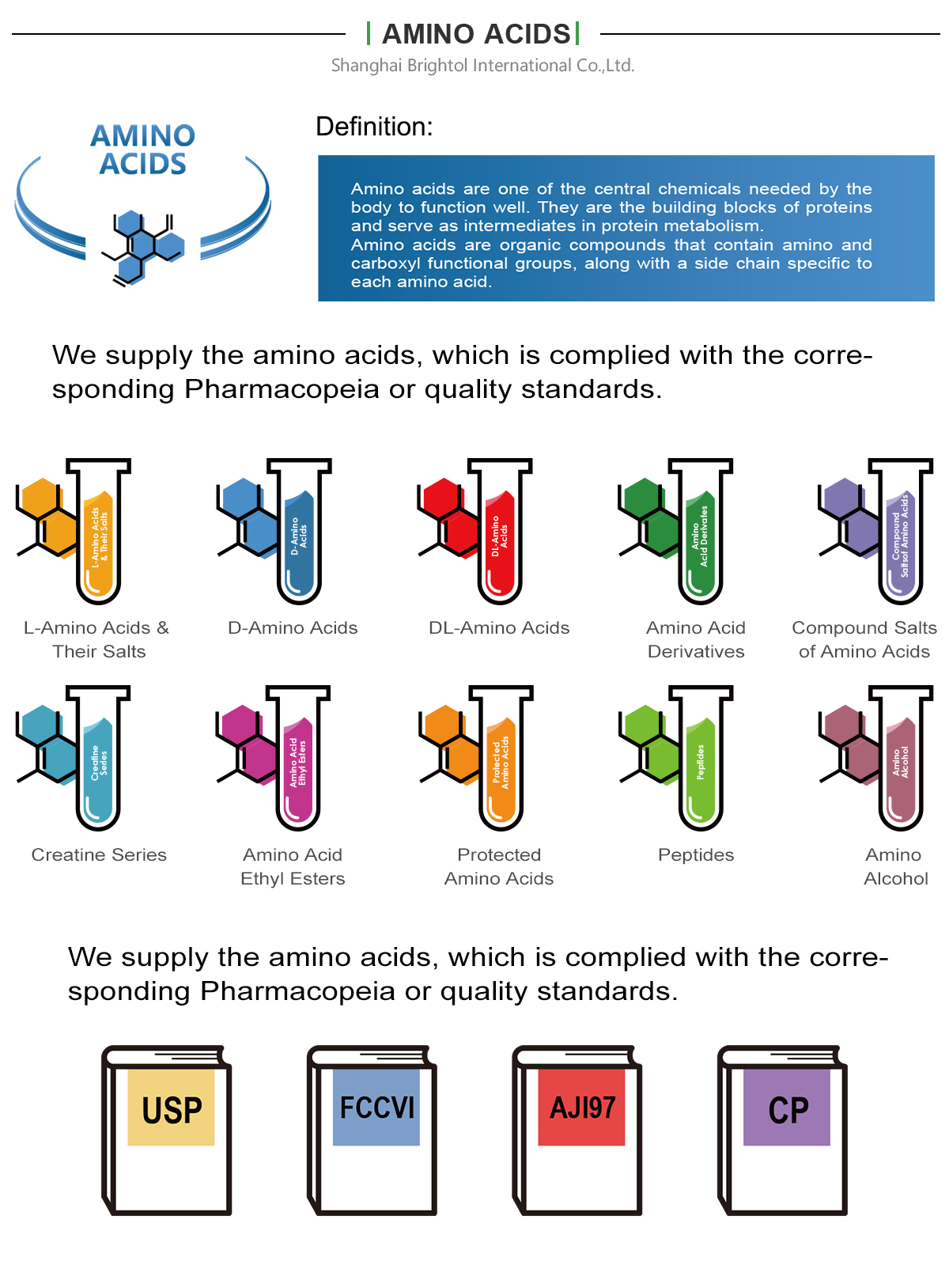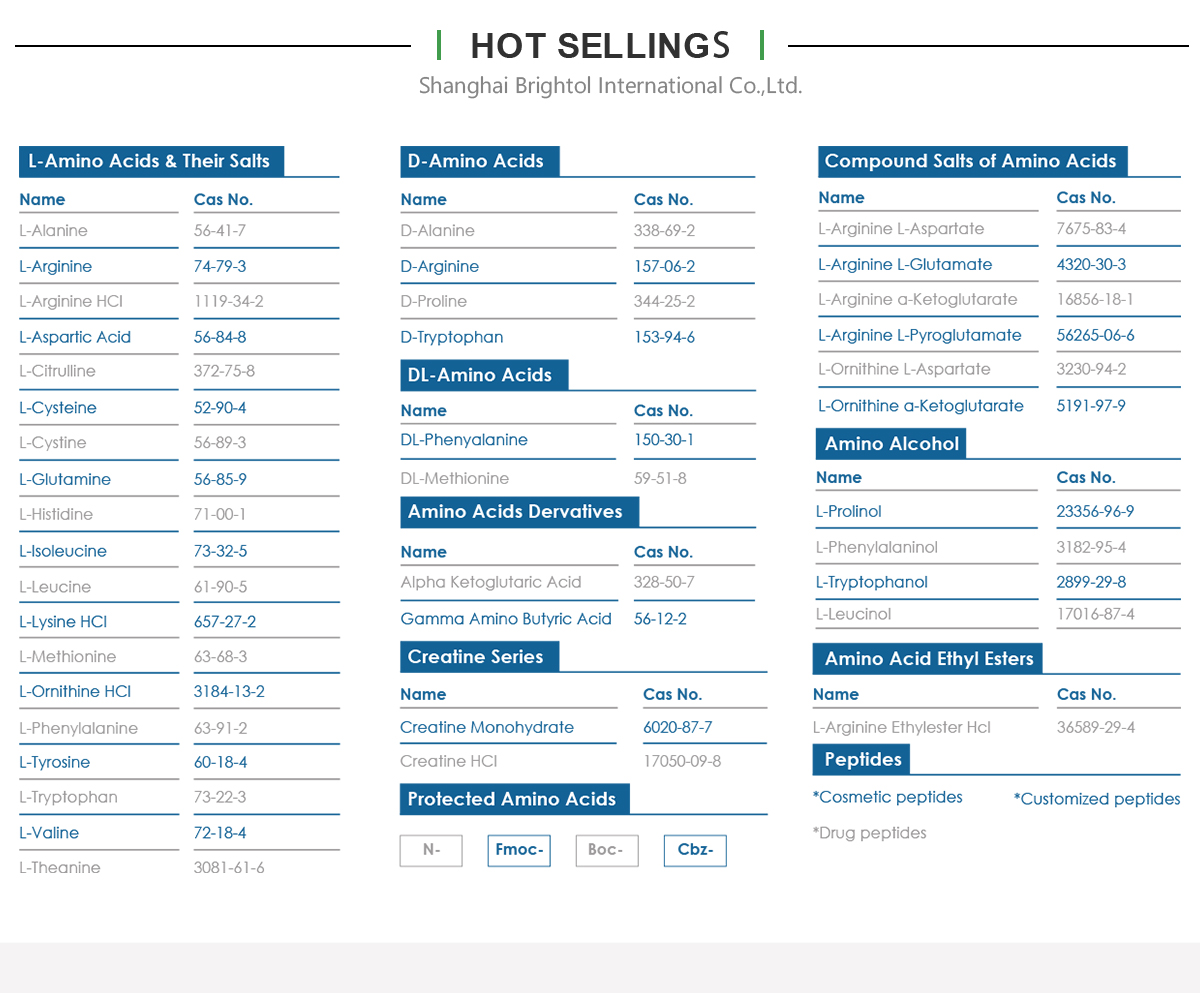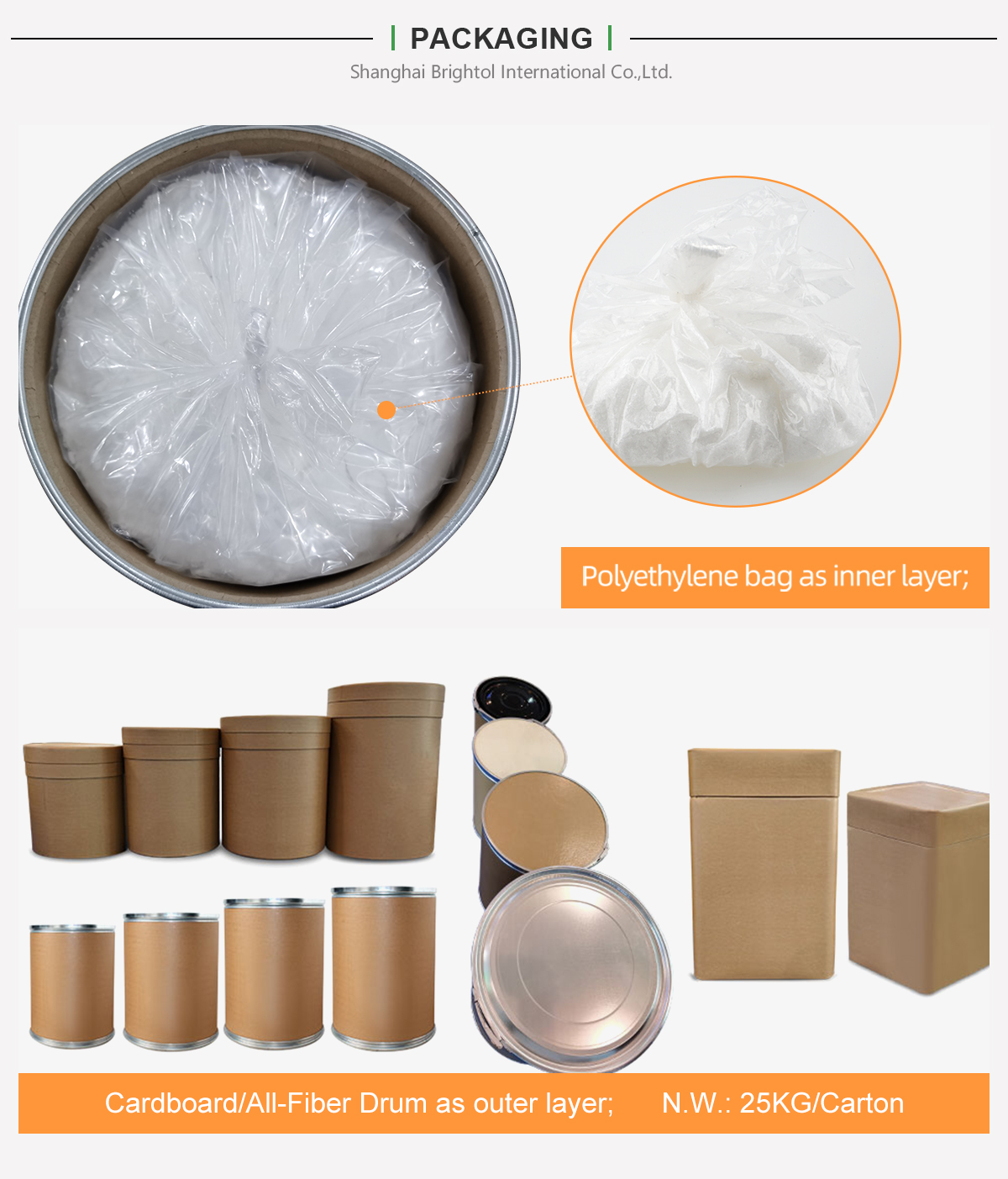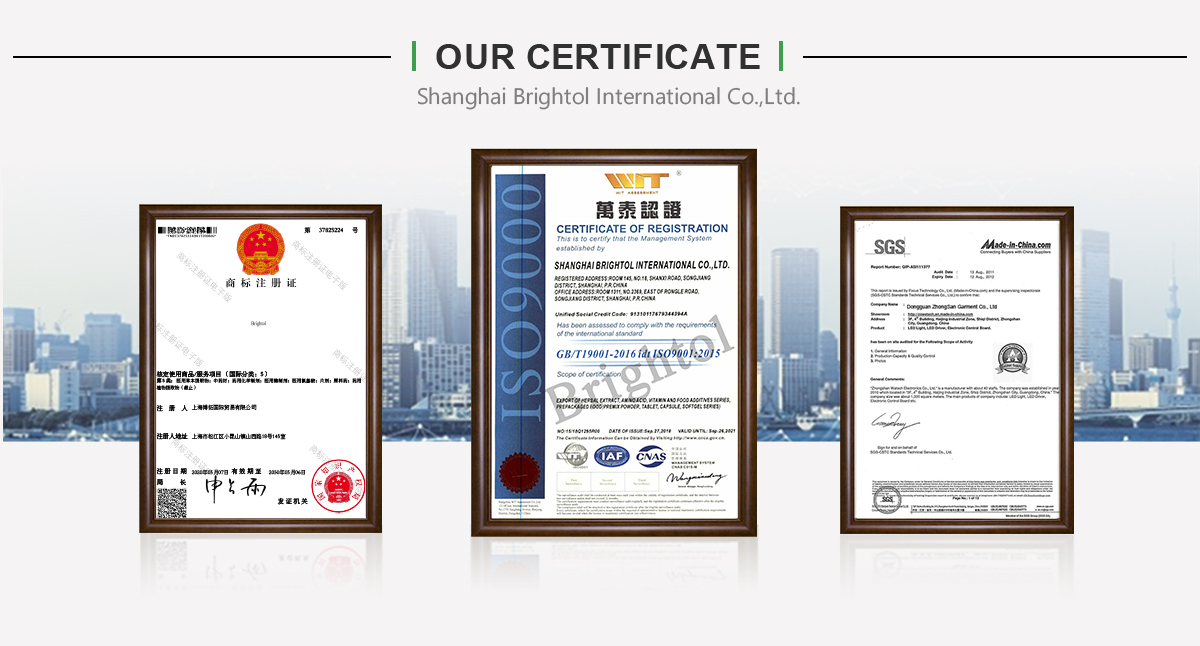

Product Name: L-Carbocysteine(S-Cmc)
Synonyms: S-Carboxymethyl-L-cysteine;
3-Carboxymethylthio-L-alanine; Carbocysteine
Molecular Formula: C5H9NO4S
Molecular Weight: 179.19
CAS No.: 638-23-3
EINECS: 211-327-5
Description
Carbocisteine is a drug from the group of mucolytics. It works by reducing the concentration of mucus glycoprotein which reduces the viscosity of mucus and facilitates expectoration. Carbocisteine is effective only in the treatment of productive cough.
It exerts anti-inflammatory effect and can favorably affect the outcome in patients with chronic obstructive pulmonary disease.
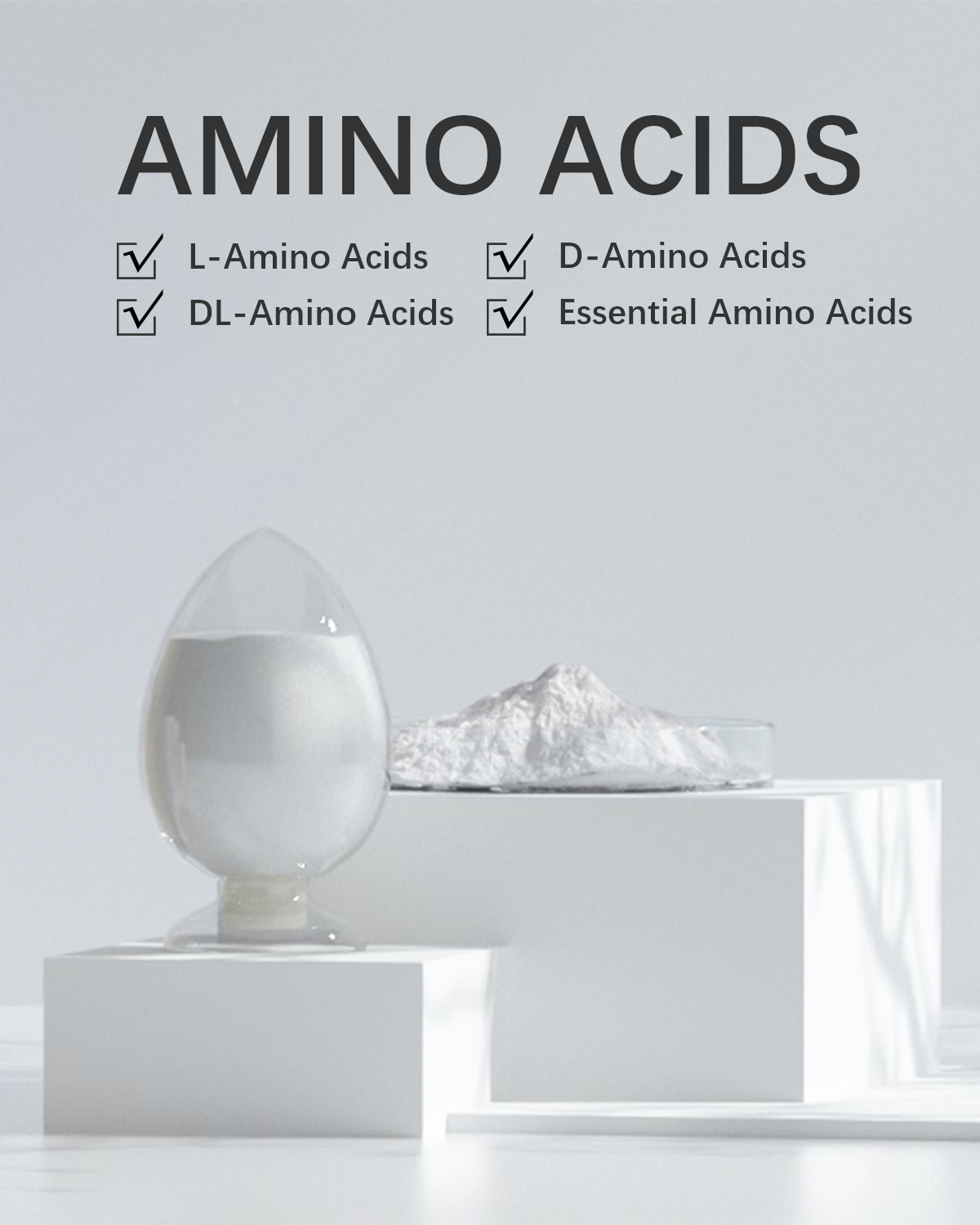

Product Name: L-Carbocysteine(S-Cmc)
Synonyms: S-Carboxymethyl-L-cysteine;
3-Carboxymethylthio-L-alanine; Carbocysteine
Molecular Formula: C5H9NO4S
Molecular Weight: 179.19
CAS No.: 638-23-3
EINECS: 211-327-5
Description
Carbocisteine is a drug from the group of mucolytics. It works by reducing the concentration of mucus glycoprotein which reduces the viscosity of mucus and facilitates expectoration. Carbocisteine is effective only in the treatment of productive cough.
It exerts anti-inflammatory effect and can favorably affect the outcome in patients with chronic obstructive pulmonary disease.
Benefits
1) Chest pain (angina). Taking L-carnitine by mouth or intravenously (by IV) seems to improve exercise tolerance in people with chest pain.
2) Heart failure and fluid build up in the body ( congestive heart failure or CHF).
3) Serious kidney disease (end-stage renal disease or ESRD). People in the last stage of long-term, serious kidney disease need to undergo hemodialysis, which can lower L-carnitine levels.
4) Overactive thyroid (hyperthyroidism). Taking L-carnitine seems to improve symptoms such as rapid or pounding heartbeat, nervousness, and weakness in people with high thyroid hormone levels.
